Trying to Get Pregnant with PCOS?
Real Solutions for Overcoming Fertility Challenges
What is PCOS?
PCOS is a complex hormonal condition that affects many aspects of health. It’s common in women and can cause a range of symptoms, including irregular periods, difficulty losing weight, excessive hair growth, thinning hair, and challenges with fertility.
1. Irregular Periods
Why are my periods irregular, and could it be due to PCOS?
• Track Your Periods: Use a pen-and-paper tracker or a free app to check if your periods are irregular.
• What’s Normal: Periods that occur every 21–35 days and can be predicted within a few days are considered regular.
• PCOS and Irregular Periods: If your periods don’t follow this pattern, it could be due to PCOS. Speak with a doctor to confirm.
2. Difficulty Losing Weight
Why is weight loss so hard with PCOS?
• Insulin Resistance: PCOS often involves insulin resistance, where your body struggles to use insulin effectively, making weight loss harder.
• Not Your Fault: Weight challenges with PCOS are due to underlying hormonal and metabolic issues—not lack of effort.
• What Can Help: Focus on:
• Managing stress
• Prioritizing sleep
• Balanced nutrition
• Regular movement
3. Excessive Hair Growth or Thinning Hair
Why do I have unwanted hair growth or hair thinning?
• Excess Hair (Hirsutism): Elevated androgen levels can cause unwanted hair on the face (upper lip, chin), chest,
back, or thighs.
• Hair Thinning: Androgens can also lead to thinning hair around the temples or balding on the scalp.
• What to Do: Talk to your doctor to rule out other causes and explore treatment options.
4. Struggling to Get Pregnant
How does PCOS affect fertility?
• Ovulation Challenges: Women with PCOS may not ovulate regularly, which can make getting pregnant harder. - • You Can Still Get Pregnant: Many treatments can help:
• Medications to induce ovulation
• Fertility specialist support, including IVF if needed
• Seek Preconception Care:
Visit your doctor before trying to conceive to optimise your fertility and check for any other factors.
Key Takeaways
• Find a Specialist: Work with a clinician experienced in PCOS who will consider all aspects of your health.
• Holistic Approach: Treating PCOS involves looking at stress, sleep, nutrition, and exercise.
• You’re Not Alone: Many effective treatments are available to help manage symptoms and improve quality of life.
What Do You Want To Learn About?

For Physicians
Stay Up To Date with My Research

For Your Company
Professional Public Speaking

For Patients
Knowledge Is Power

